Hi Friends!
Today I have a fun guest post lined up for you guys. My friend and fellow RD Helen from Food & Nonsense is here to talk to you about fermented foods. If you haven’t checked out Helen’s blog…definitely do so. She’s from the UK but is currently living in Bali, Indonesia with her hubby. I’ve actually been to Bali and it is so beautiful! I’m so jealous of her time there. She’s also a wealth of nutrition info and an all-around wonderful lady!
Hopefully you’ll learn something from her today!
————
Hey there Lean Green Bean readers!
My name is Helen and I’m a UK Registered Dietitian currently living in Bali. I blog over at Food & Nonsense where I share thoughts on nutrition related topics, my travels and the ongoing mission to keep my life healthy! I’m really excited that Lindsay has invited me here today – thank you so much for having me.
As a dietitian, I love to explore how current science fits with what’s ‘in Vogue’. Today I wanted to talk to you about some, not-so-new kids on the block that are making a comeback – fermented foods, and their probiotic powers.
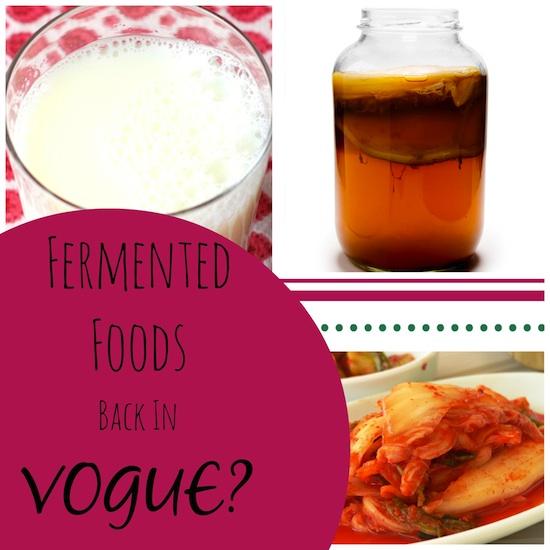
Why take probiotics?
I think pretty much everybody has heard people banging on about the fabulous properties of probiotics (ahem). If you haven’t, a probiotic is the name given to anything we consume which contains “good” bacteria, i.e. the ones which are thought to provide us with some sort of health benefit.
There are around 100 TRILLION bacteria living in our bodies (what might they be planning?!). For the fact lovers out there, thats about ten times the number of our own human cells, or A LOT. Having a ‘healthy gut’ or one which contains the right balance of ‘good’ bacteria in our bowels is thought to be important for overall health, it’s a mutually beneficial relationship where the bacteria community:
- provides us with some essential nutrients
- supports our immune system
- prevents ‘bad bacteria’ (or ones which may cause us harm) from making us their home
If you’re anything like me, the marketing people can consider you a success, as when you think about probiotics, you automatically think of single serve yoghurt drinks. But there are other, more natural ways to include probiotics in your diet (who knew?!)…
Enter fermented foods.
The process of fermentation (using bacteria or yeast to process the sugars in food to form organic acids, carbon dioxide and/or alcohol) is not a new one. For years, humans have used the power of fermentation to make things like beer, bread, yoghurt and wine (mmmm wine). As well as these well known foods, people have also been fermenting foods which naturally contain ‘good bacteria’ and these have been making a comeback as ‘natural’ probiotics. Here’s a bit about about the health benefits of 3 of the most popular fermented foods doing the rounds at the moment and tips on how you can include them as part of a healthy balanced diet.
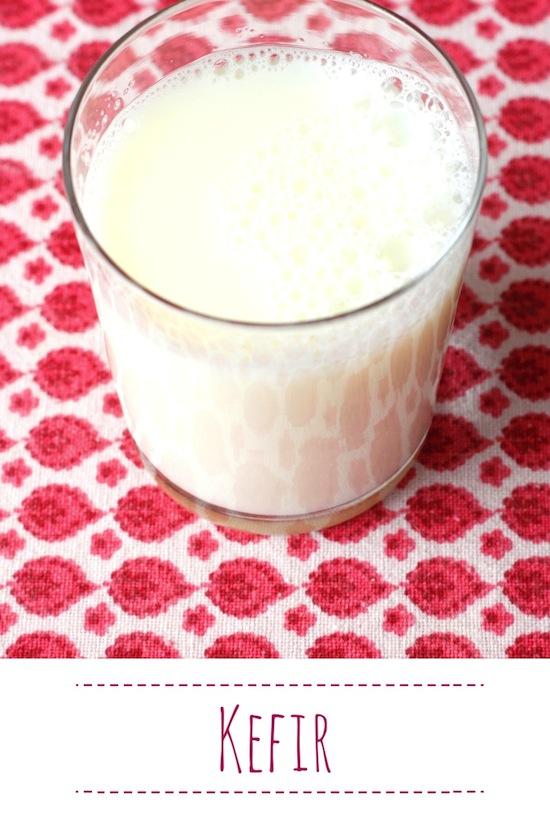
Kefir
The traditional version of this probiotic drink is made by adding Kefir grains to the milk of cows, goats or sheep. However, if you’re not keen on milk, it’s possible to make a dairy free version using ‘Water Kefir Grains’. The grains contain a complementary mix of lactic acid bacteria, yeasts, fats, proteins and sugars known as a SCOBY (symbiotic colony of bacteria and yeasts). One of the more impressive ‘natural’ probiotics, recent research has suggested Kefir and it’s components may help to support the immune system, improve gut health and aid in blood sugar control and reducing cholesterol. Interesting! Preliminary human trials have seen some positive results, but larger, longer trials are needed before we know exactly how (and if) this translates to our health.
Want to try Kefir?
It is possible to buy pre-made kefir, however, it’s super easy (and a bit cheaper) to make your own! SCOBY starter packs can be found in health food stores or online and it’s worth experimenting with different recipes (like this or this) to find your favourite flavour.
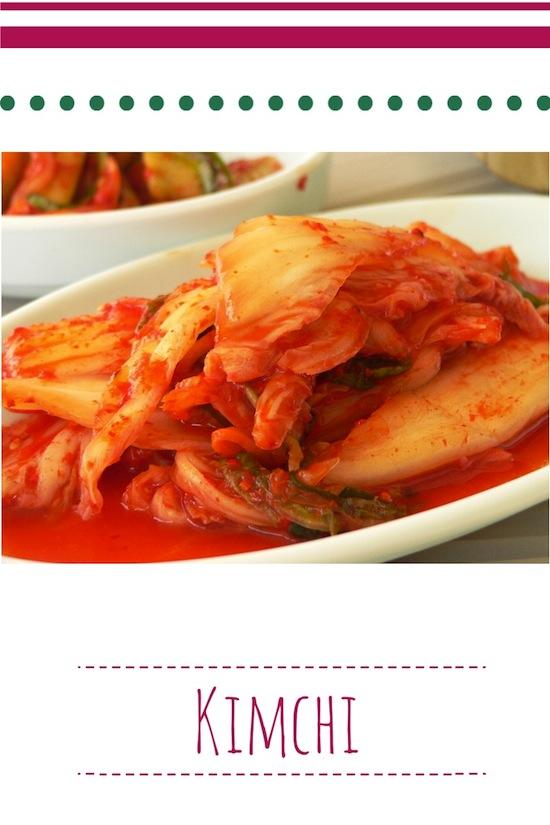
Kimchi & Sauerkraut
These fermented cabbage dishes have an ancient heritage. Korean Kimchi and German Sauerkraut are both based on the same principle of fermentation but are slightly different due to the way they are flavoured and served. Both involve leaving cabbage mixed with vegetables, spices, salt, sugar, water and brine to ferment in air tight containers over 3-6 days (depending on your taste). They have been said to support gut function and lower risk factors for heart disease and diabetes such as cholesterol and fasting blood glucose. Preliminary human trials have shown some mixed but interesting results. A recent study showed a ‘high’ Kimchi diet to be more effective than a ‘low’ Kimchi diet for reducing fasting blood glucose and for improving cholesterol profiles in 100 healthy volunteers. However, this was a small study, of very short duration and there are still very few human studies out there. Larger, well designed human studies are needed before firm conclusions about the benefits of their use can be made.
Want to try Kimchi or Sauerkraut?
Both can be easily incorporated into your diet by using them as a condiment or adding them to omelettes, soups, stews or rice. You can usually find pre-made versions in supermarkets or health food stores, or, if you’re feeling adventurous, you could try one of the great recipes available on the internet (like this or this). Experiment to find the flavours you like.

Kombucha
Kombucha or ‘mushroom tea’ is a fermented probiotic drink which is made by fermenting a SCOBY in sweetened tea. It has a sweet & sour taste and unless it’s made properly, it can smell a little bit like the socks you left at the bottom of your gym bag! The ‘hippest’ fermented food around, the list of benefits and health claims associated with Kombucha is long. It includes the usual, improved gut health and immune system support, right through to more ambitious claims about cancer fighting properties and curing arthritis. However, there are no human studies on the health benefits of consuming Kombucha. That doesn’t mean there aren’t any, but unfortunately, none can be confirmed.
Want to try Kombucha?
Kombucha is now widely available in health food shops and supermarkets. It is possible to brew your own, but if you choose to do so, it’s wise to seek help and be careful (see below)!
A word of warning….
There is a possibility that Kombucha is not safe to drink for all people. There have been some reported cases of toxicity and metabolic acidosis (where there is too much acid in the body) which can be directly linked to consumption of the tea. These cases have been linked to ‘home brewed’ Kombucha and have occurred in people with pre-existing health conditions or after excessive consumption of the beverage. It is therefore advisable that you only drink Kombucha in moderation. If you have any pre-existing health conditions, it would probably be wise to get your probiotic hit elsewhere.
Bottom Line
Probiotics aren’t a ‘magic bullet’ when it comes to health and we still don’t fully understand how they impact on health and disease. However, including some probiotic rich fermented foods in your diet has the potential to add a healthy component!*
*Probiotics are generally considered safe for the general population, however people with a suppressed or poor functioning immune system should speak with their doctor or dietitian before including them in their diet.
————–
Let’s chat:
Are you a fan of fermented foods?
Enjoy!
–Lindsay–
Get my free Table Talk email series where I share bite-sized nutrition information about carbs, protein, and fat, plus bonus information about snacks and sugar!

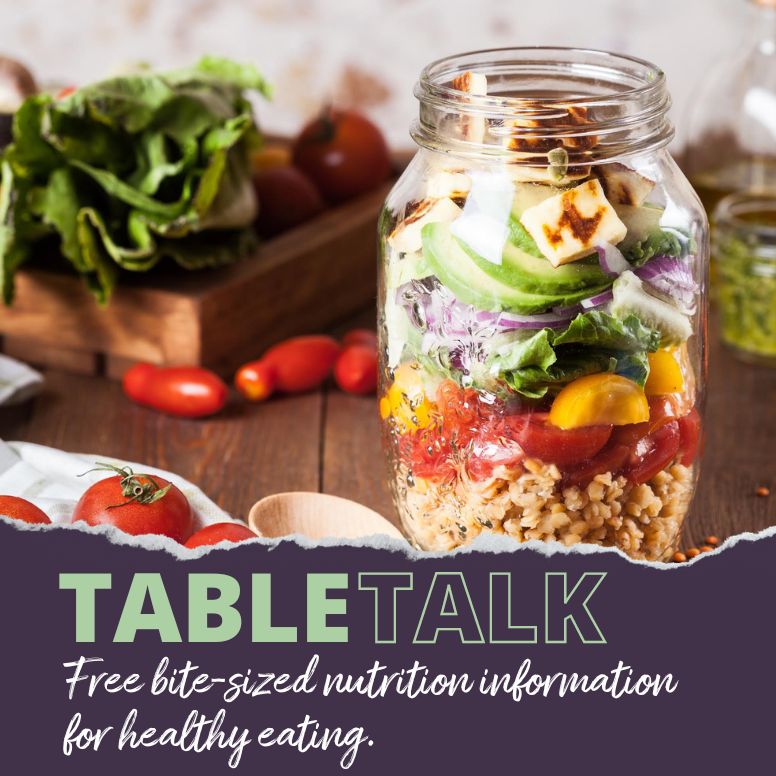
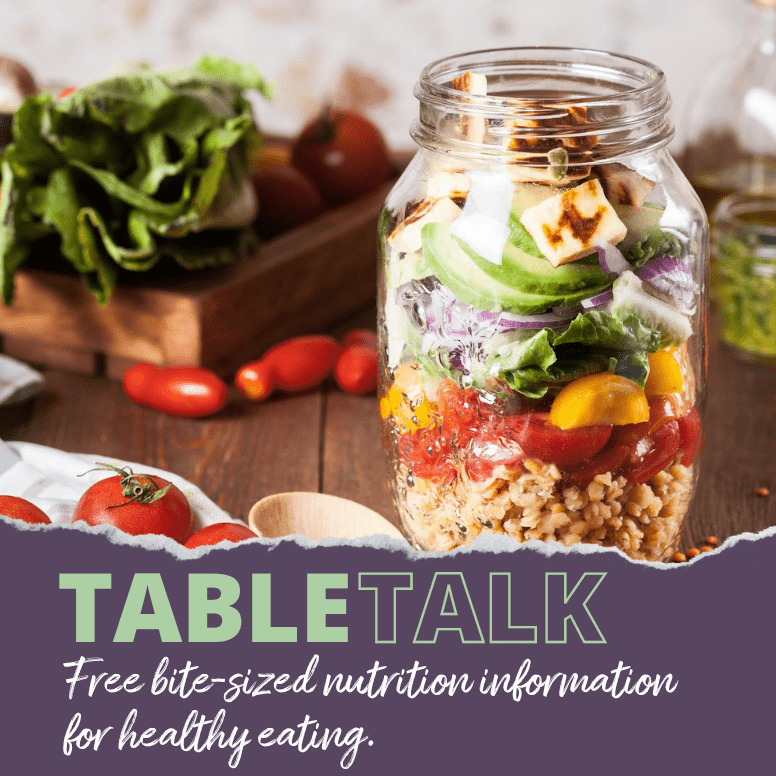
I like fermented foods, like kimchi. I also drink kombucha. Didn’t know about the toxicity thing though! I don’t drink it all the time
um, yes.. to all! i make all! and it’s a LIFESAVER for the gut. Great post Helen!
i do like kombucha and kefir – never heard of kimchi!
Awesome post! Fermented foods have been an important part of traditional diets and I’m glad we’re finally realizing how important they are again. I use sauerkraut the most- it’s one I grew up with, and is part of my Swiss/German heritage. 🙂
My mom is Korean and I grew up in Korea so eating kimchi at every meal was standard for us. But I had no idea how healthy it was. Just makes it taste all the more better 😉
I haven’t tried fermenting my own foods at home, but my dad got me the book “Wild Fermentation” for Christmas and I plan to try some new things soon. For now we rely on buying probiotics at the store. 🙂
Great post Helen!!! I love probiotics, and many of my clients have great success with adding fermented foods. I need to get back into making kombucha (it’s so pricey when I buy it!). Thanks for adding the helpful bottom line – yes, nothing is a magic cure 🙂
I love kombucha! Every week when I shop at Whole Foods I splurge and buy a bottle. It’s so expensive, I’d like to learn how to make it at home.
This was so informative, and I honestly learned so much about probiotics. Thank you for sharing!
love me some kombucha! i also take a daily probiotic pill. gotta have a happy gut.
I added Kimchi into my diet last year sometime for the digestive benefits. I hated it at first but have since learned to love it and actually learned to make it on my own after visiting a local Asian market! I used to take probiotics but now I feel if I am eating foods that I know sit well with my digestion and avoiding the ones that I am sensitive to I am usually just fine
This is such an informative, awesome post! I’m actually drinking a small glass of Kombucha at the moment, too 🙂
Great info Lindsay! THX!!!! Hope you are feeling OK! 🙂
Love Sauerkraut! I remember when I went to Austria my family ordered 6 side dishes of the stuff and it was OUT OF THIS WORLD. It wasn’t the typical sour stuff we can get in jars over here! It was so fresh…. And I am totally convinced it was made with pork or some sort of meat I am not a fan of, but everything is far fresher and healthier in Europe, so I just accepted it and DUG IN! I must have eaten about 4 of those side dishes! LOL!
I’ve also enjoyed kimchi and like eating it as a side dish. It goes very well with Korean BBQ or any BBQ dish!
I love Helen’s blog and I’m so excited to see her here on the Bean, Lindsay! 🙂 Related: I also love kefir.
Love me some kombucha. I just had one today! And, we recently just bought kimchi, for the sole purpose of wanting to get more probiotics into us! Yay!
I wish I had known about probiotics/fermented foods 20 years
ago ..
The medical establishment had me on antibiotics and more for over
5 years straight – almost killed me ..
As a guy, I don’t think a lot of guys get it – they think this stuff is for
women only, or it’s for hippies etc. I know a guy right now that could
use fermented foods/probiotics, but he just keeps going to doctors,
and doesn’t believe in this stuff ..
It’s not just a cute fad, it’s real science, and there are mountains of
data backing it up – just check out Dr. Joseph Mercola, Natural News,
Jordan Rubin/Beyond Organic, Dr. Julian Whitaker, and more.
Would like to try msking my own kefir, any idea where I can buy the culture here in Bali?
you can order them online from amazon